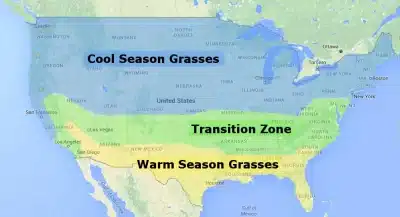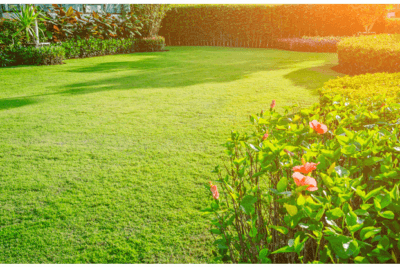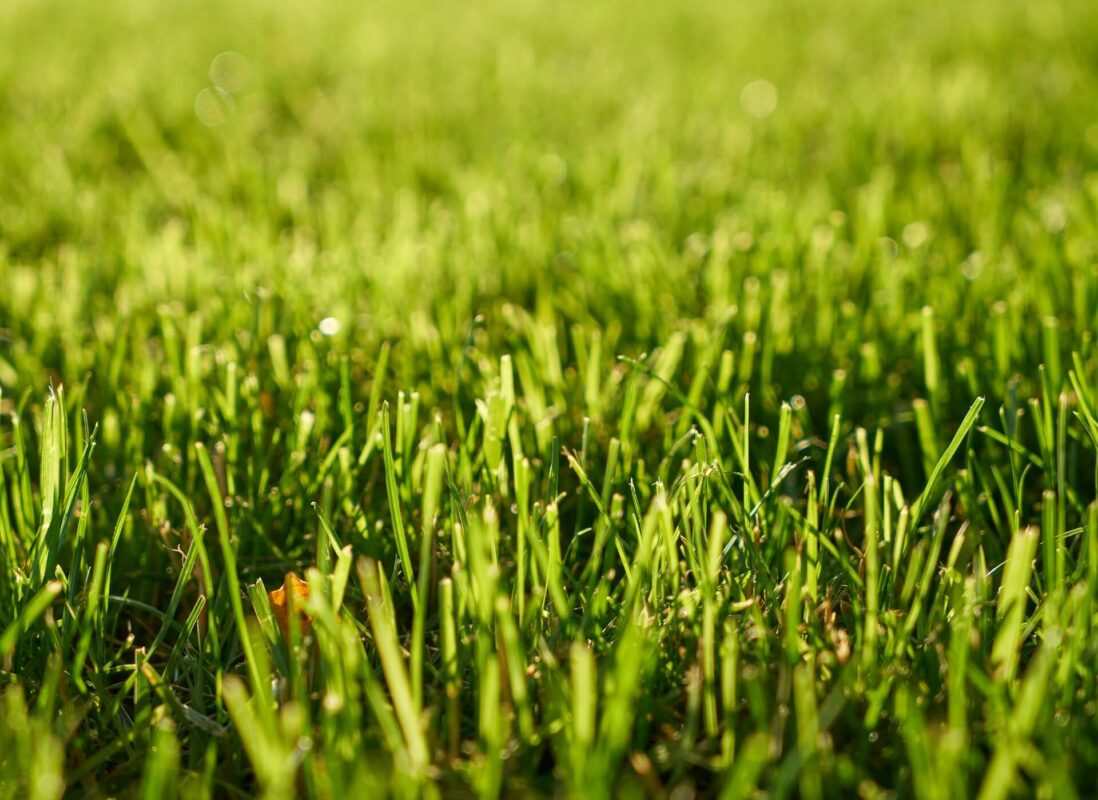The District of Columbia is known for being home to our president and Congress, but it’s a busier city than you might expect. Approximately 714,153 people live in D.C., and the population is increasing. But, D.C. is a small city.
Living in a densely populated area like D.C. means small plots of land and tiny backyards. But even if you own a small backyard, you want it to look nice and presentable. After all, there’s nothing better than a green and luscious backyard to unwind in.
Whether you need new grass or your grass turns brown every year, the best way to improve your backyard and the health of your lawn is to understand climate, terrain, and grass species.
District of Columbia Seed Growing Conditions and Characteristics
While small, the District of Columbia experiences all types of weather because of its location. D.C. has its fair share of both warm and cold weather because it’s located in the transition zone. There are three regions in the United States, and each requires different types of grass to use in your yard.
The transition zone is between the cool season and warm season zones, where temperatures fluctuate enough to validate using both types of grass seeds. That means a blend of warm and cool-season grasses is your best bet.
The average high and low temperature for D.C. is 65℉ and 47℉. Since D.C. has a reasonably neutral climate throughout the year, you must plant seeds that can handle both the hotter temperatures and the colder temperatures.
It’s not uncommon for the District of Columbia to experience heat in the 90s and 100s in the summer and temperatures as low as 0℉ in the winter.
Since D.C. is so close to Maryland, they share many of the same types of soil and terrain. The main types of solid are peat, loam, sandy, chalky, and silt. Combining these soils makes for a perfect planting location for grass, flowers, shrubbery, and trees.
Coupled with great soil is a high precipitation count: D.C. experiences over 40” of rain per year, so it’s crucial you invest in a grass seed that can handle a lot of water.
When to Plant Grass Seed in the District of Columbia
Once you understand the D.C. area’s weather, climate, and terrain, the next step is to know the best time to plant. Although D.C. has relatively mild temperatures all year round, you want to grow your cool-season grasses and warm-season grasses at different times.
The best time to plant your cool-season grass seed is between early September and early October. This time of year is still warm enough for the seeds to germinate and root before the cold weather sets into place.
The ideal time to plant warm-season grass is between April and May. Wait for consistently warm temperatures. By late April to early May, temperatures should begin averaging at 75℉-80℉. Then, you know you can plant your seeds with the best chances for positive results.
When you plant both grass types, as your warm-season grass dies, the cool-season grass will grow in its place. So, your lawns will be green year-round.
Best Types of Grass Seeds for District of Columbia
Now that you understand the climate, terrain, precipitation, and the proper planting time, it’s time to select the best grass seed. You can buy a blend of warm and cool-season seeds or purchase them separately throughout the year using our Seed Selector tool.
Since both are necessary for the best lawn possible, let’s go into the specifics of each one.
Warm Season Seeds
Zoysia Grass
The zoysia grass is a darker shade of green than most grasses and is a great warm-season grass that pairs well with cool-season grass. Zoysia grass is a slow-growing grass that loves sunny and shaded spots, so you must pair it with another species as it grows.
Since it grows excellent in the sun and shade, you don’t have to worry about your living situation in the city, like you would other grasses. Zoysiagrass is the most popular warm-season grass species in the Maryland and D.C. area for these very reasons.
Cool Season Seeds
Tall Fescue
Turf type tall fescue is an excellent grass for the D.C. region because it grows steadily in the sun areas or partial shade. Such a flexible plant lets you focus more on care and maintenance.
With that said, tall fescue doesn’t require much maintenance. It quickly resists disease, requires an average amount of water, and can handle highly trafficked areas. Tall fescue is an excellent option if you decide to plant warm-season seeds earlier in the year.
Kentucky Bluegrass
An excellent option for cool-season planting, Kentucky bluegrass, is a hardy variety that can withstand cold temperatures.
Likewise, Kentucky bluegrass requires a lot of water, and since D.C. has almost 4ft of rain per year, it is the perfect place to plant this grass seed.
Like tall fescue, Kentucky bluegrass grows well in the sun and shade, making it the optimal choice for smaller backyards in cities since buildings can block the sun from view.
Conclusion
Regardless of the size of your backyard, you must put time and effort into understanding the best grasses for your geographic location. Once you know how your climate and weather conditions affect the growing season, you can select your grasses.
Living in the District of Columbia poses some unique challenges, but it is not impossible to grow a healthy lawn.
Zoysiagrass is your best option for a warm season seed. It handles the varying temperatures well and is excellent in the sun and shade. Tall fescue and Kentucky bluegrass are ideal cool season options to pair with zoysiagrass.
When it comes time to buy your grass seeds, visit Nature’s Seed for expert advice and affordable prices.





